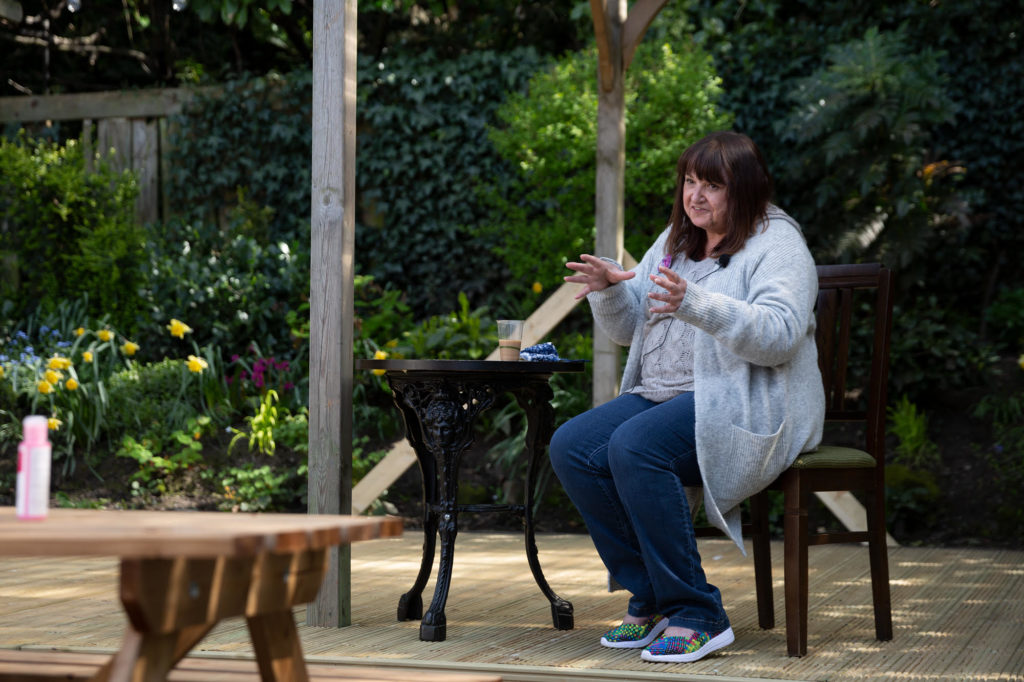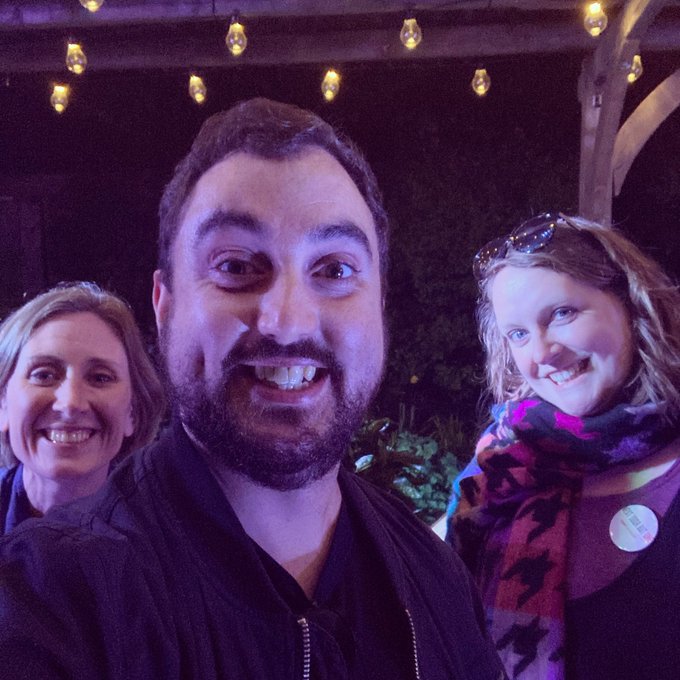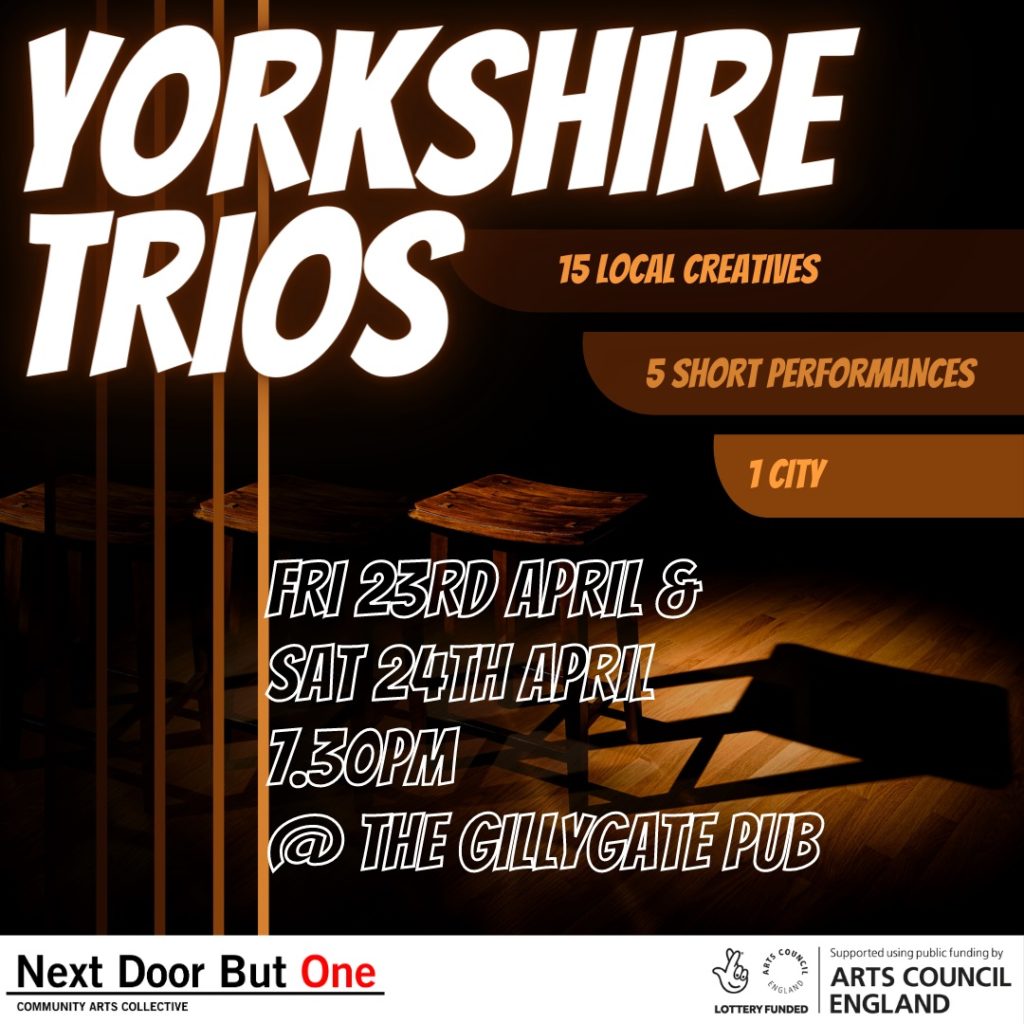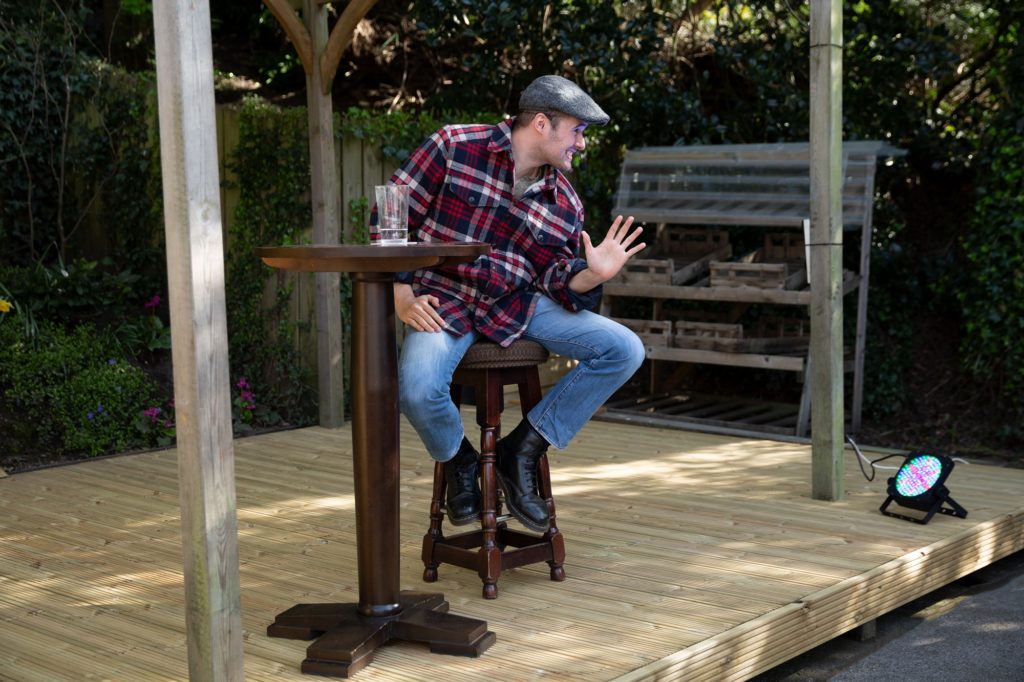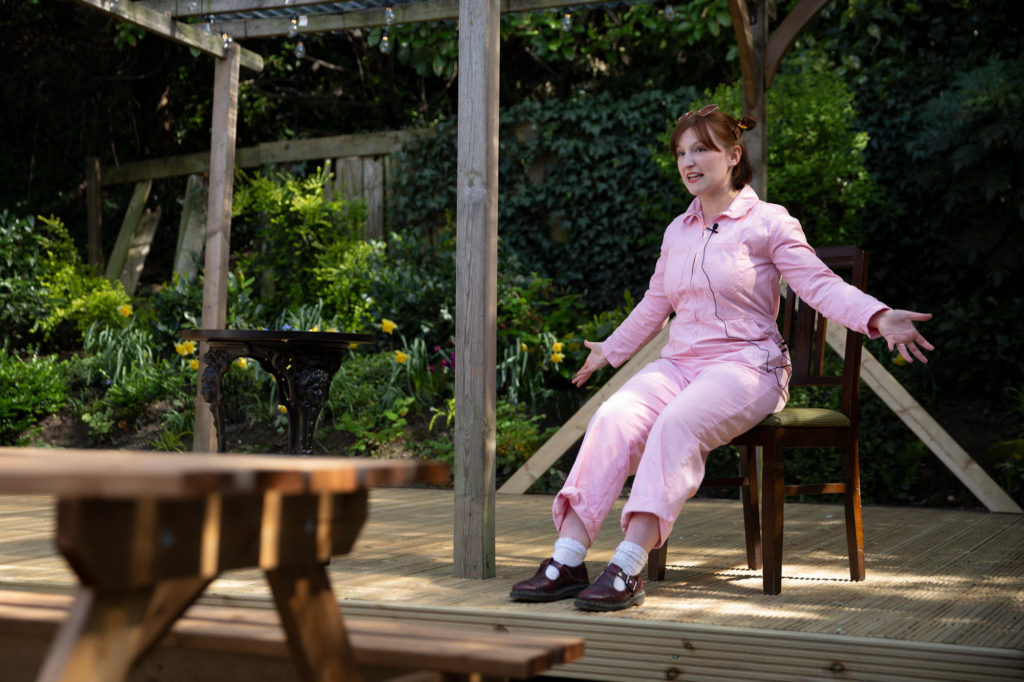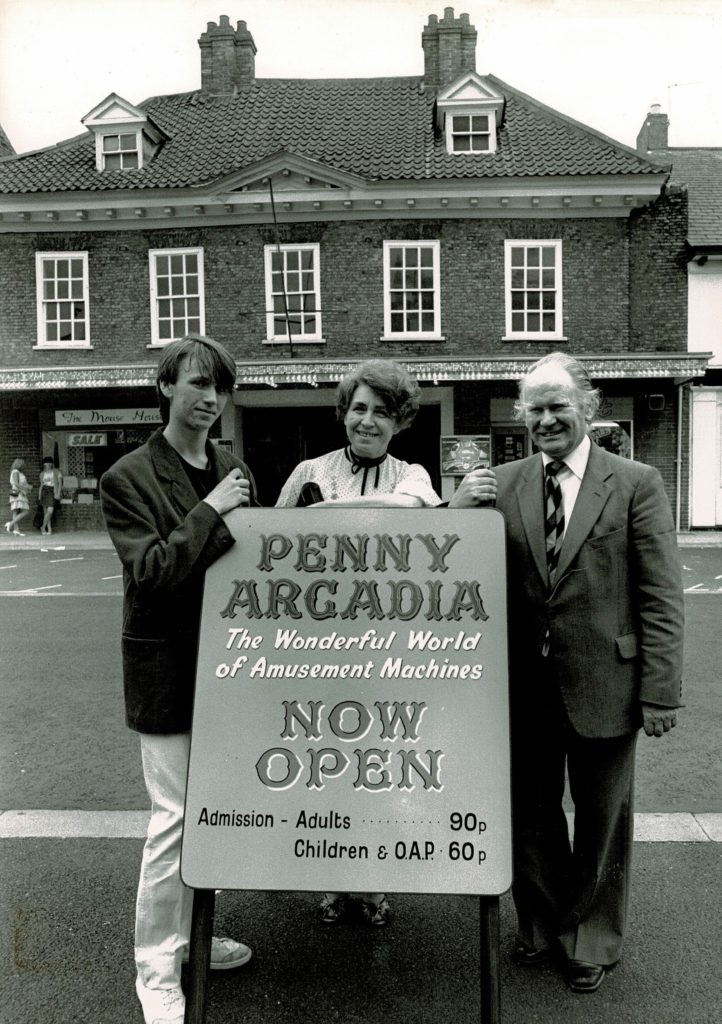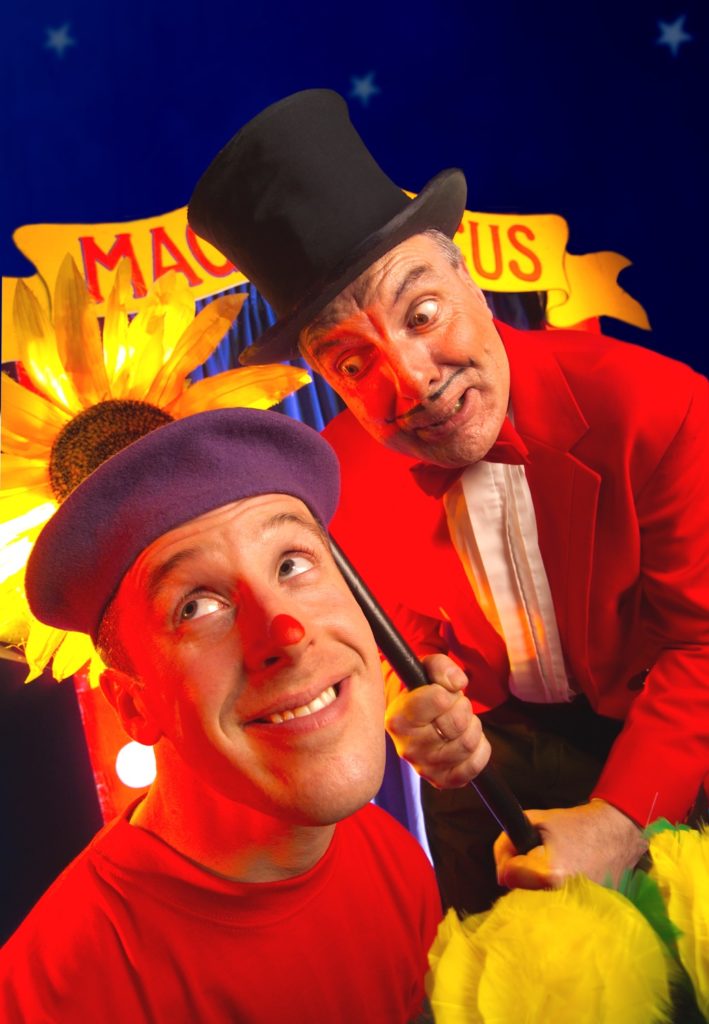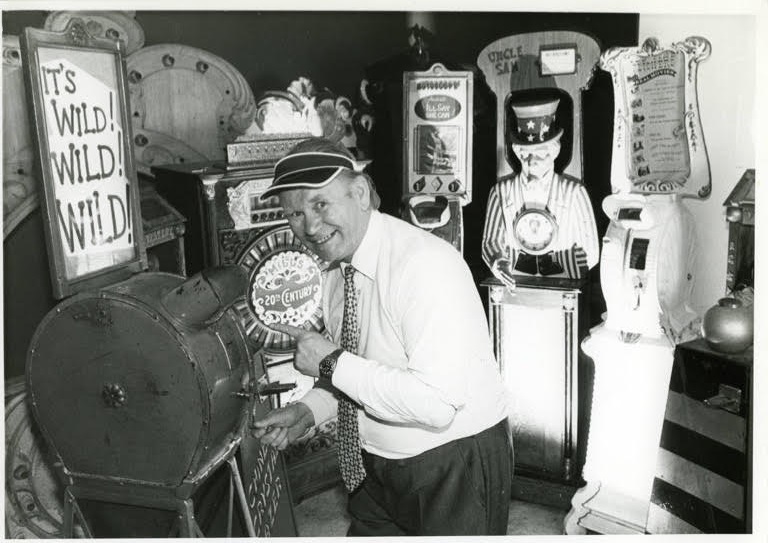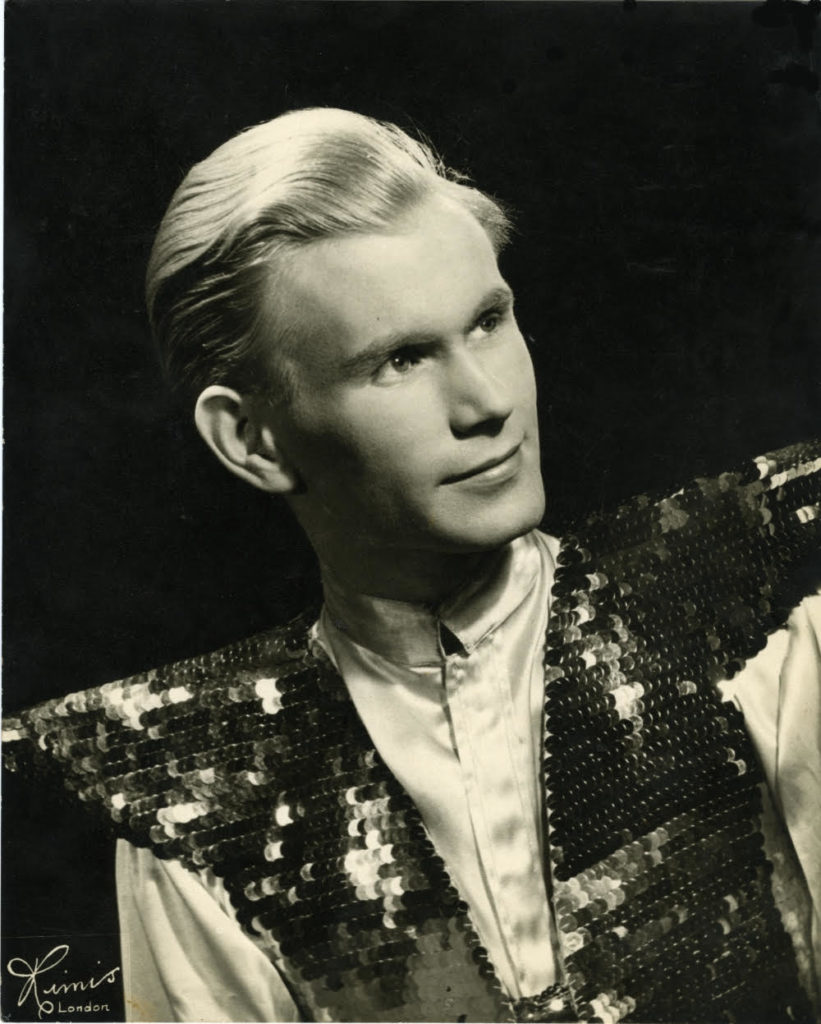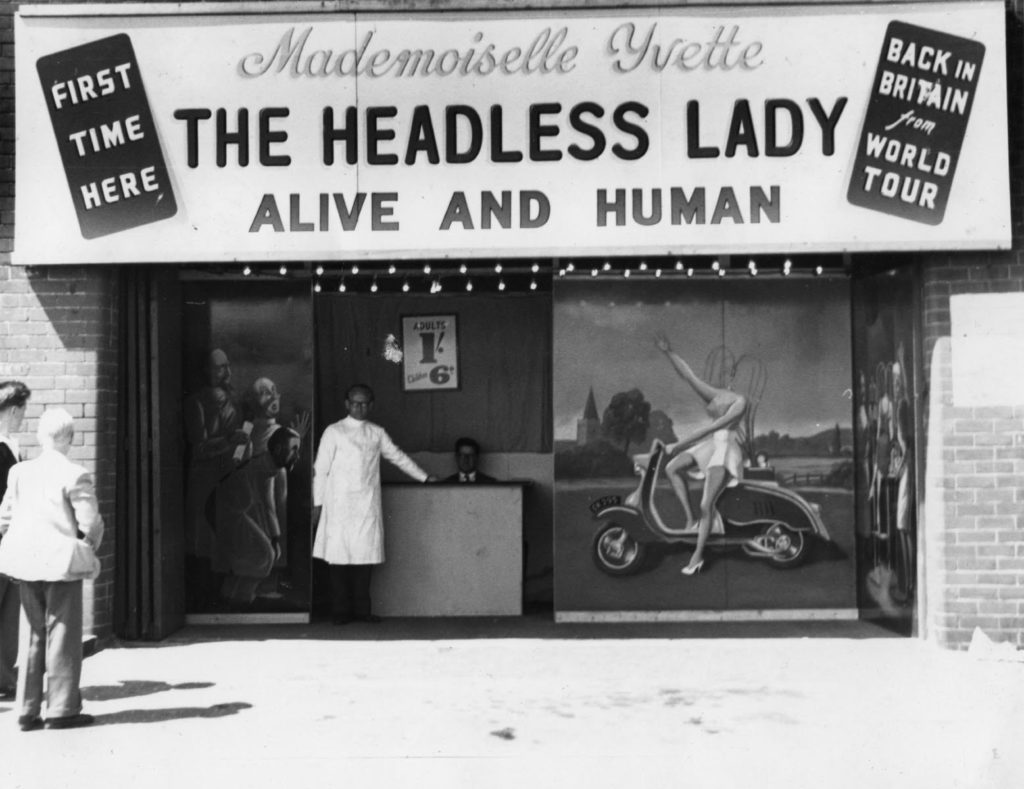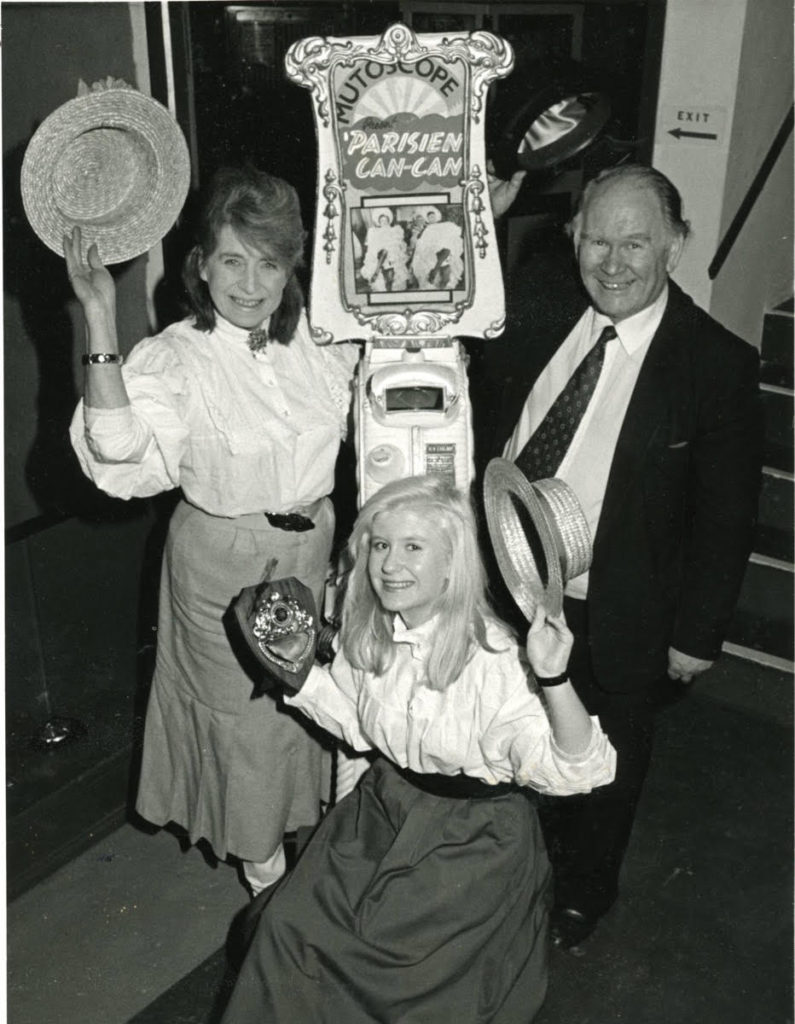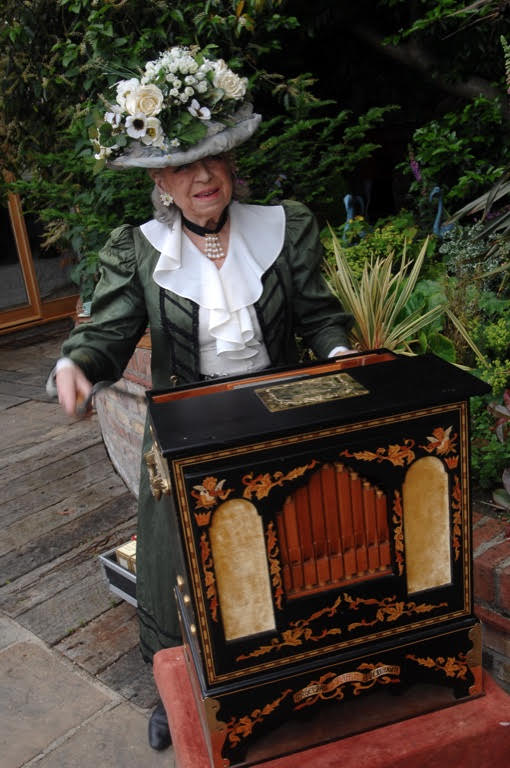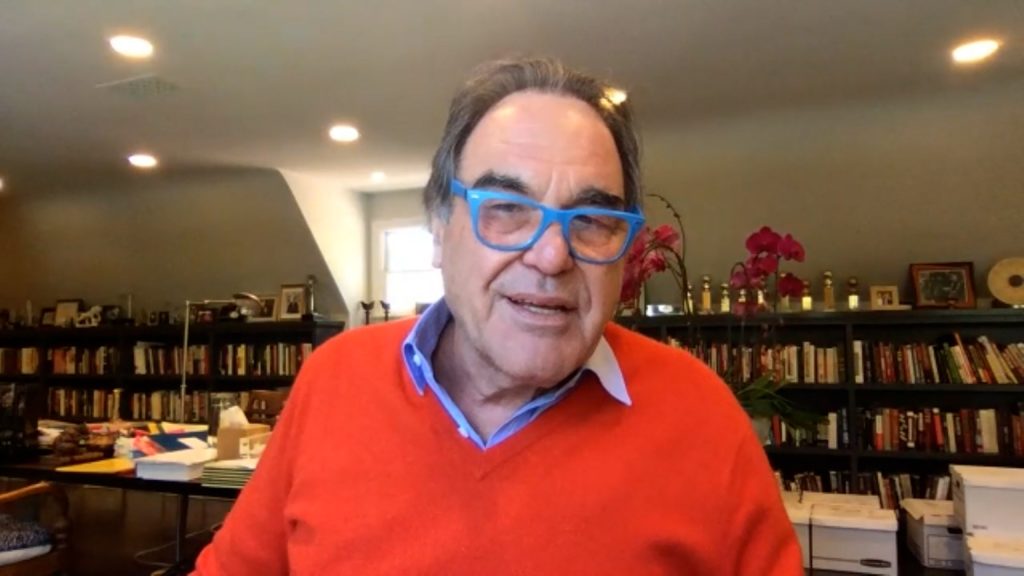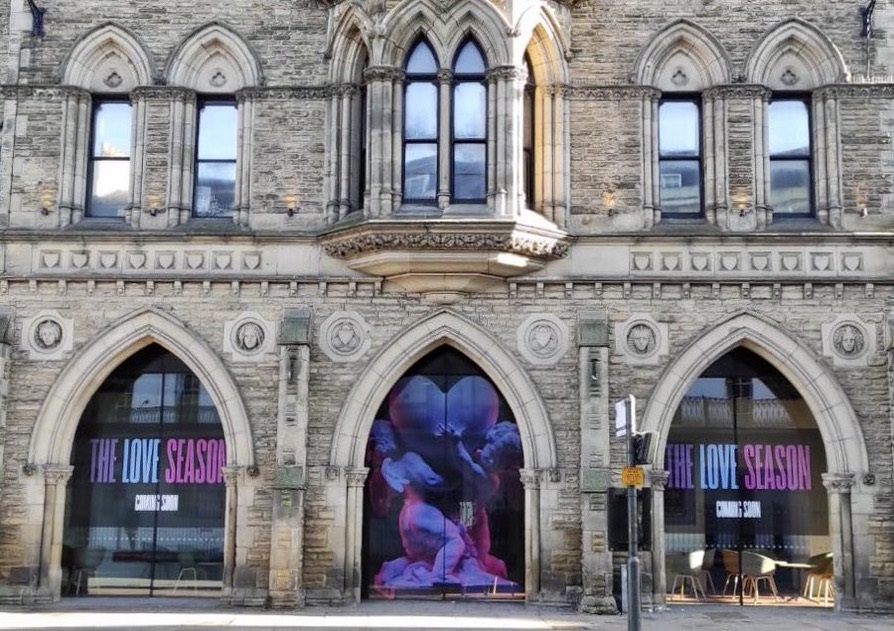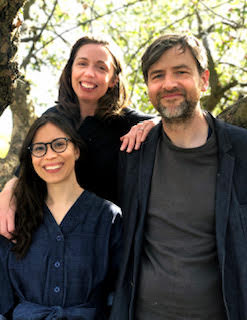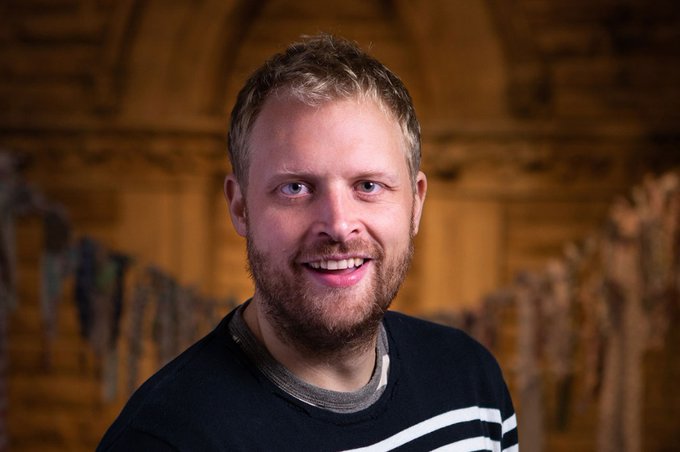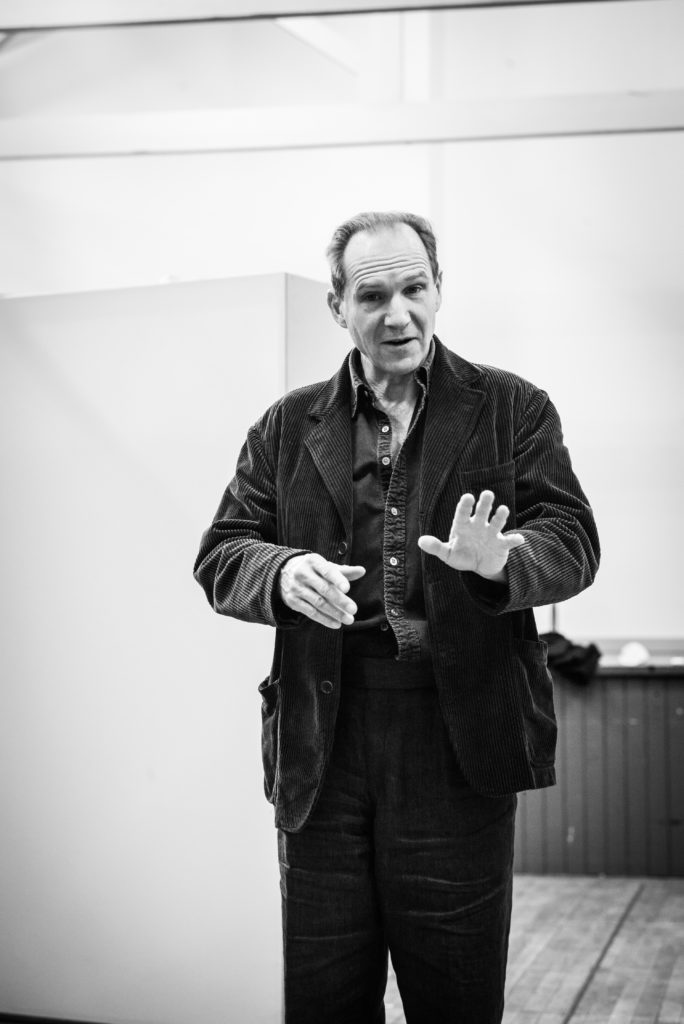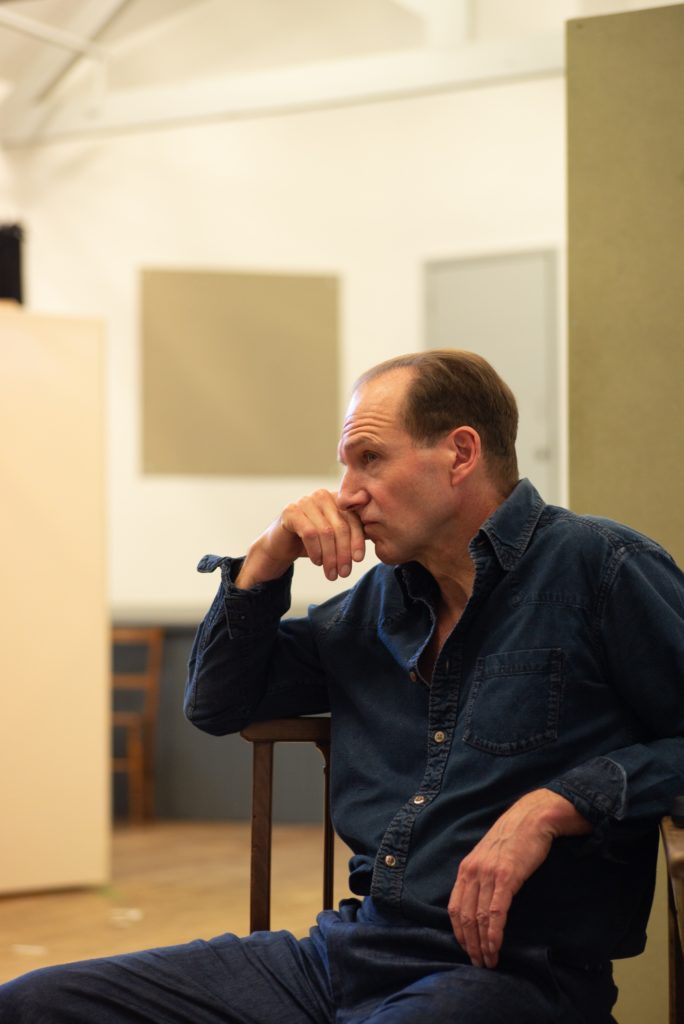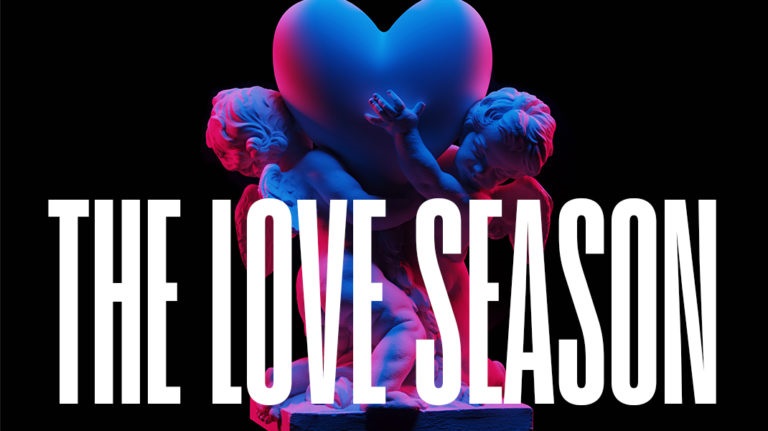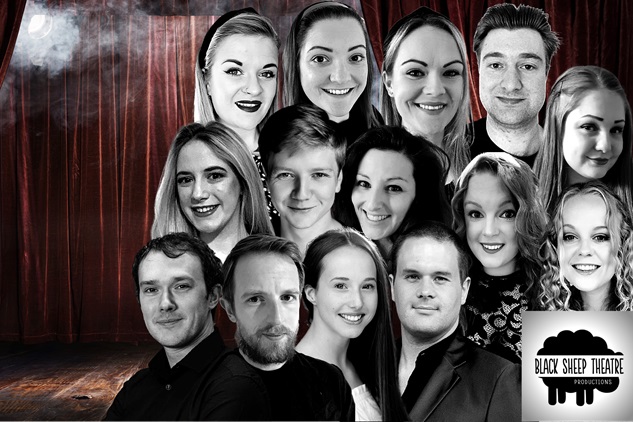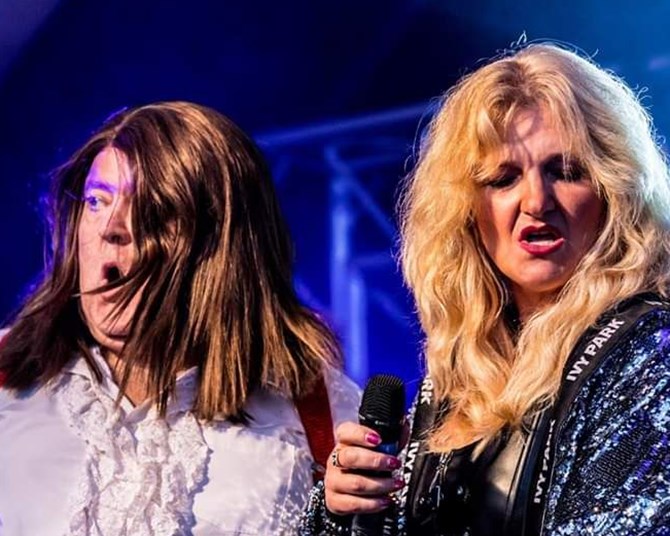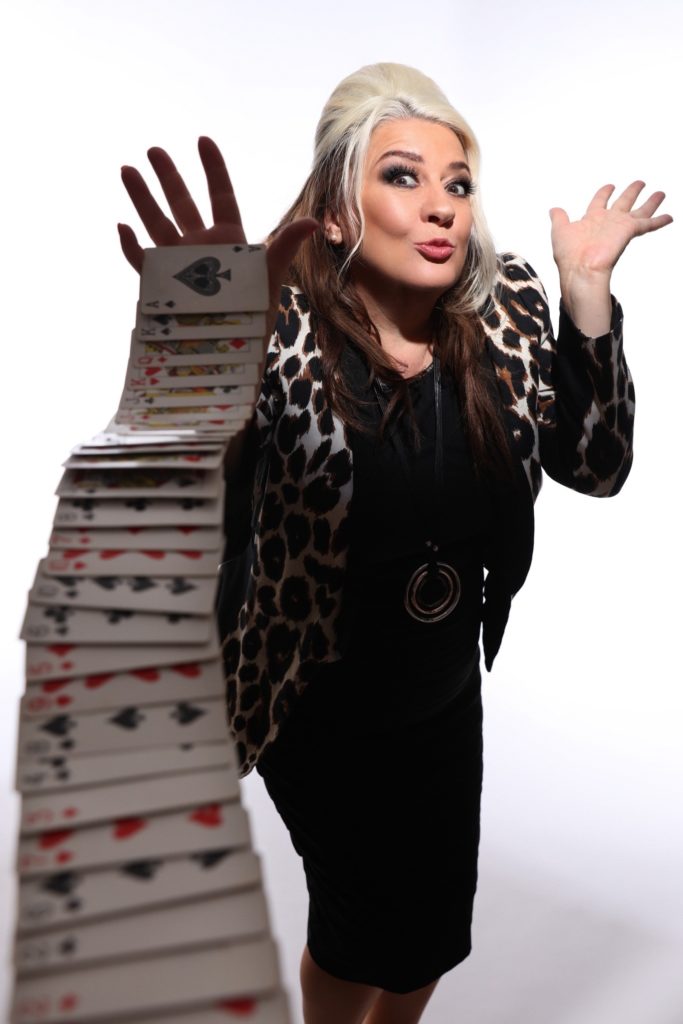
THE Downing Street briefing on Step 3 of the roadmap rollout is just around the tantalising corner. Charles Hutchinson highlights the rising tide of upcoming shows, ongoing festivals and exhibitions and online options.
Love story of the month: The Love Season: Love Bites, York Theatre Royal, May 17 and 18
YORK Theatre Royal reopens with two nights of Love Bites, both a love letter to live performance by York artists and a celebration of the creative talent across the city.
More than 200 artists from a variety of art forms applied for £1,000 love-letter commissions to be staged on May 17 – the first day theatres can reopen under Step 3 of the Government’s lockdown loosening – and May 18. The 22 short pieces will be performed each socially distanced night, introduced by broadcaster Harry Gration.
“We hope Love Bites will turn out to be ‘a many-splendored thing’!” says director Juliet Forster. Prompt booking is advised at yorktheatreroyal.co.uk or on 01904 623568.
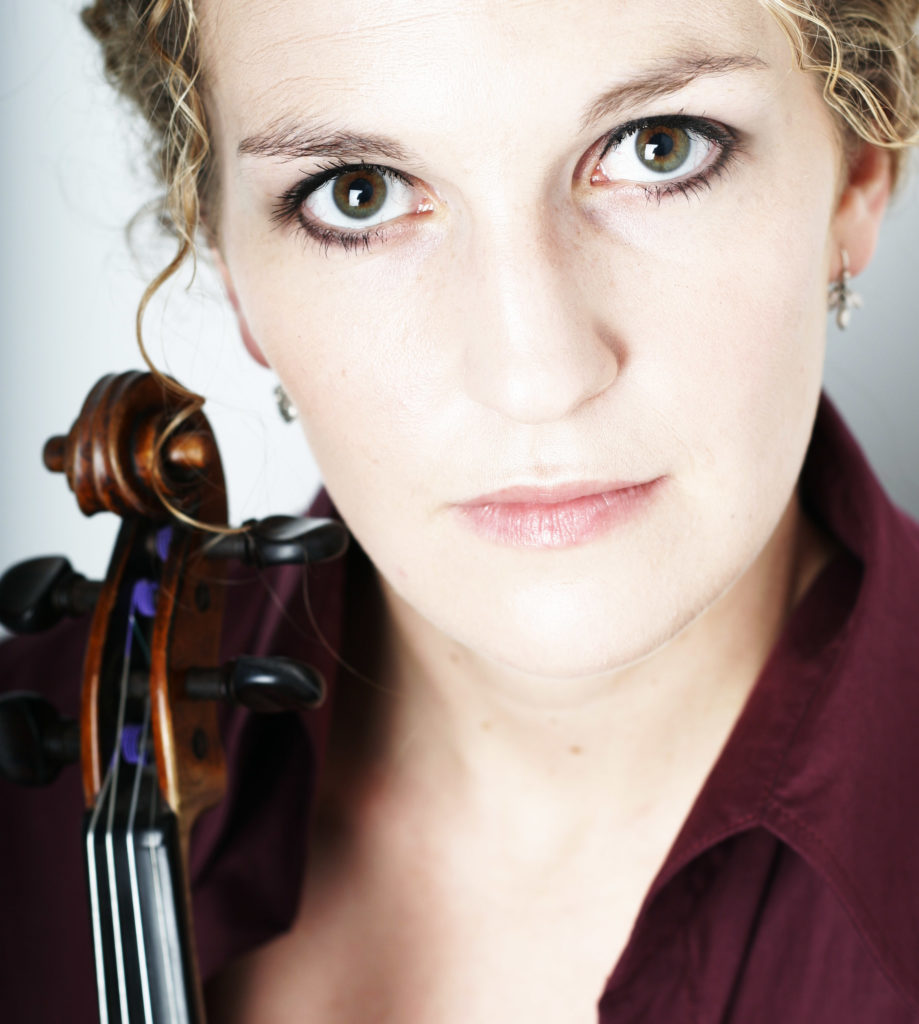
Online festival of the week: Ryedale Festival’s Spring Festival, running until May 8
TOMORROW night will see the fast-rising combo The Immy Churchill Trio toast the arrival of spring with Spring Will Be A Little Late This Year, a late-night session of jazz standards from the Great American Songbook online from Helmsley Arts Centre at 9pm.
Finishing the festival at Castle Howard with The Lark Ascending on May 8 at 3pm, the virtuosic London Mozart Players and violinist Ruth Rogers will perform Grieg’s Holberg Suite, Vaughan Williams’s The Lark Ascending and Vivaldi’s Spring from The Four Seasons.
The Spring Festival season will be available to view on RyeStream until the end of May.
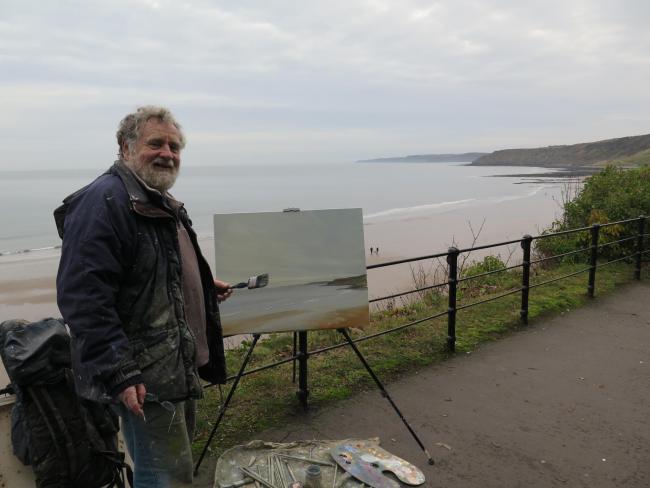
Exhibition launch of the week in York: Malcolm Ludvigsen’s Art, Village Gallery, York
PROLIFIC York plein-air artist Malcolm Ludvigsen is the focus of Village Gallery’s first new exhibition of 2021 in Colliergate, York.
Erstwhile maths professor Ludvigsen spends much of his time on the beaches and headlands of Yorkshire, fascinated endlessly by the sea and sky.
The show of Ludvigsen oil paintings will run until Saturday, June 19 with Covid-secure, socially distanced measures in place. Opening hours are Tuesday to Saturday, 10am to 4pm.

Comedy gig announcement of the week in York: Live At The Theatre Royal Comedy Night, York Theatre Royal, July 1
THIS will be Ed Byrne’s night in York when the observational Southern Irish comedian headlines an all-star bill.
Joining headliner Ed will be Mock The Week’s whip-smart wordsmith Rhys James and Have I Got News For You panellist-in-lockdown Maisie Adam, hosted by “compere-beyond-compare” Arthur Smith, the veteran gloomy weather-faced comedian and presenter from Bermondsey, London.
Tickets are on sale at yorktheatreroyal.co.uk and on 01904 62356.

Comedy gig announcement of the week outside York: Omid Djalili, Pocklington Arts Centre, July 22, at the double
POCKLINGTON Arts Centre has confirmed its first live shows since Tom Rosenthal’s Manhood comedy gig on March 14 last year.
British-Iranian comedian Omid Djalili will perform twice on Thursday, July 22. Significantly too, those 7pm and 9pm performances will be without social-distancing measures, but full of provocative, intelligent cultural observations.
Djalili, 55, originally had been booked for July’s now-cancelled Platform Festival at the Old Station, Pocklington.

Get your skates on: Cinderella On Ice, Rawcliffe Country Park, York, August 17 to 22
DANCING On Ice three-time champion Dan Whiston will lead the company for Cinderella On Ice, a show fuelled by high-speed ice-skating and aerial feats.
“I cannot wait to get back on the ice and for the crowds to witness this amazing show after such a troubled past 12 months of lockdowns,” says Whiston. “We hope to both wow and amaze.”
Fairytale On Ice’s ice-palace production will be performed by “some of the world’s most elite entertainers and skilled skaters after thousands of auditions”. Tickets for the 4.30pm matinees and 7.30pm evening performances are on sale at fairytaleonice.com.
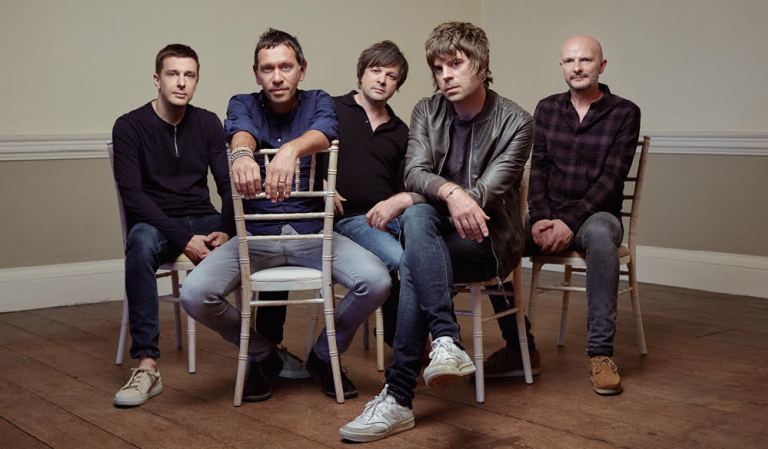
The return of the York heroes: Shed Seven, Shedcember tour
SHED Seven will close their 2021 Shedcember tour with two nights at Leeds O2 Academy on December 20 and 21.
The York band’s 18-date itinerary will take in further Yorkshire shows at Sheffield O2 Academy on November 30 and Hull City Hall on December 1, but not a home-city gig, alas.
The Sheds’ concerts are billed as Another Night, Another Town – The Greatest Hits Live – a nod of acknowledgement in the direction of last December’s 21-track live double album. Tickets are selling very fast at shedseven.com, gigsandtours.com and ticketmaster.co.uk.
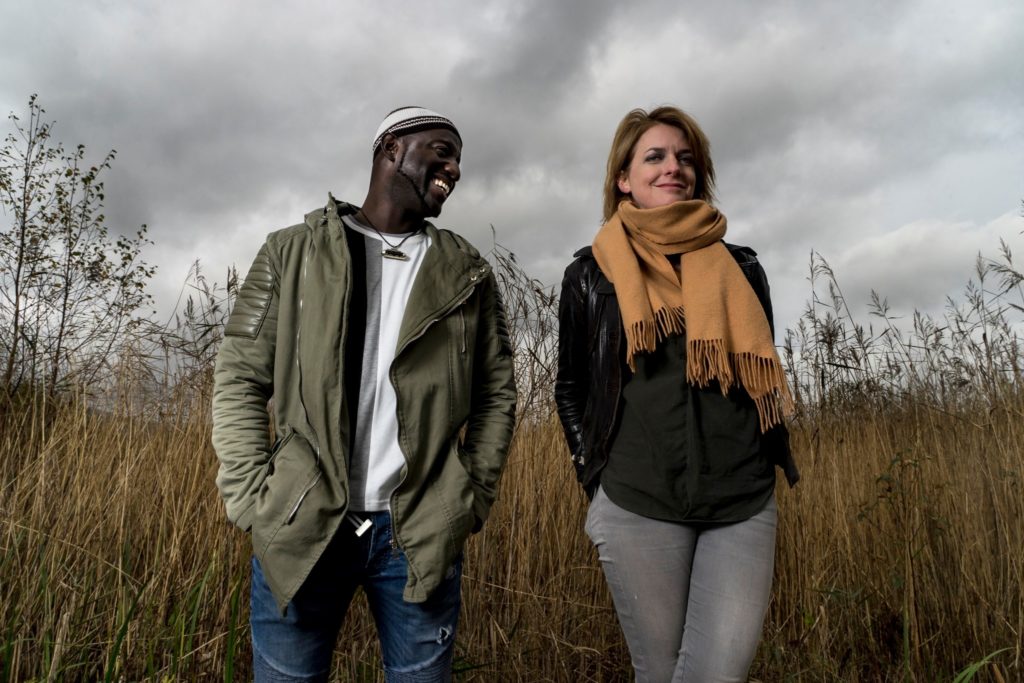
On the move: Catrin Finch & Seckou Keita, Pocklington Arts Centre
WELSH harpist Catrin Finch and Sengalese kora player Seckou Keita will now play Pocklington on May 21 2022.
The 7.30pm concert has been rescheduled from June 10 2021 for the usual Covid reasons. All original tickets remain valid; further tickets go on sale from 10am tomorrow (7/5/2021) at pocklingtonartscentre.co.uk.
Finch and Keita will be showcasing songs from their next album, as yet untitled and set for release next year.
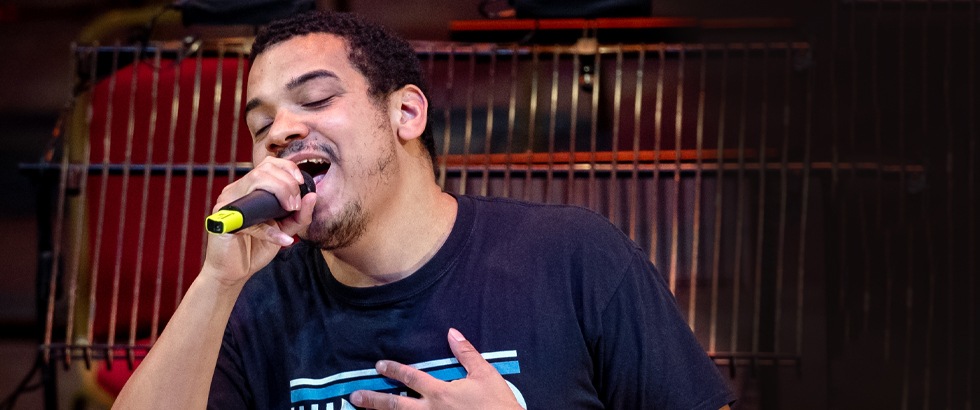
And what about?
AS lockdown’s gradual, grinding release continues to make an impact on live performance, Leeds company Opera North will seek to entertain viewers at home. Check out Orpheus In The Record Shop, available for free at: bbc.co.uk/iplayer/episode/m000vbtx/lights-up-orpheus-in-the-record-shop.
Inspired by the ancient Greek myth, rapper and playwright Testament fuses spoken word and beatboxing with a cinematic score performed by the Orchestra and Chorus of Opera North.
Originally performed during Connecting Voices at Leeds Playhouse, it has been reworked for film by Alex Ramseyer-Bache and Playhouse artistic director James Brining as part of the BBC Lights Up season.










